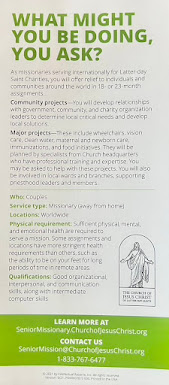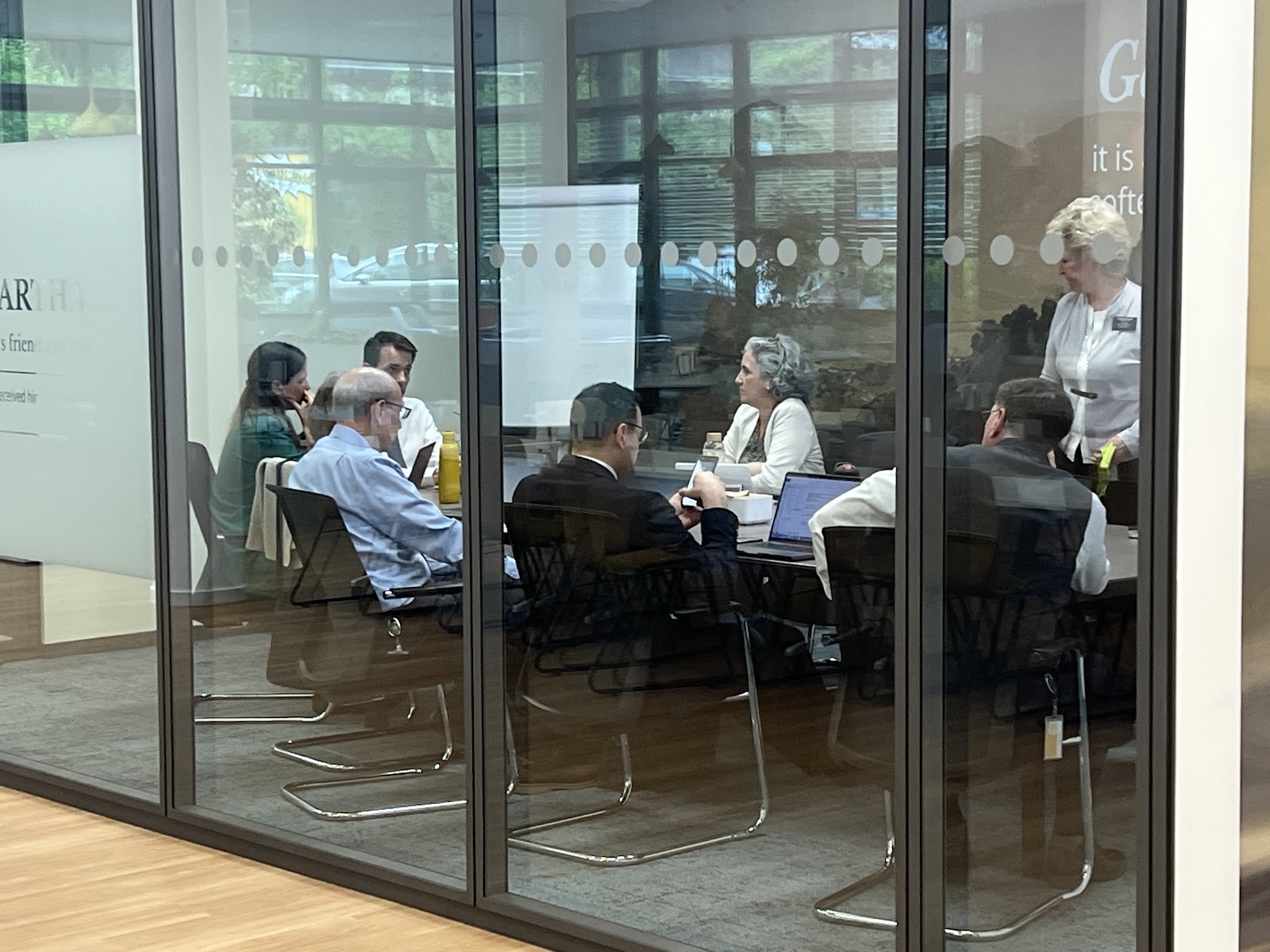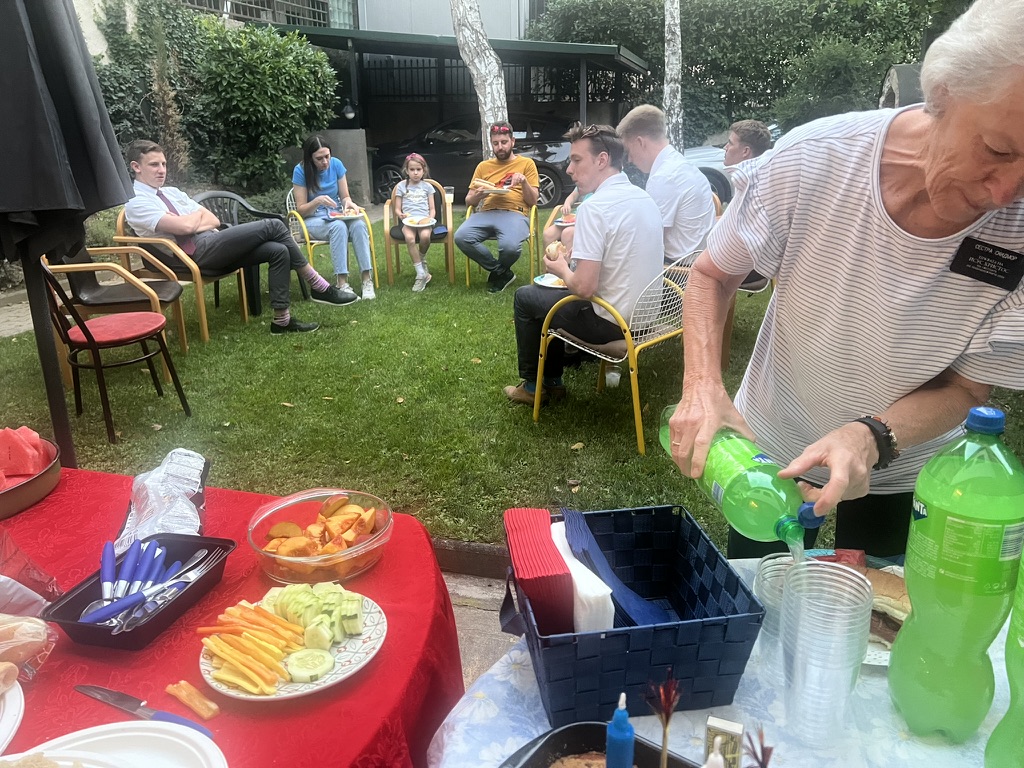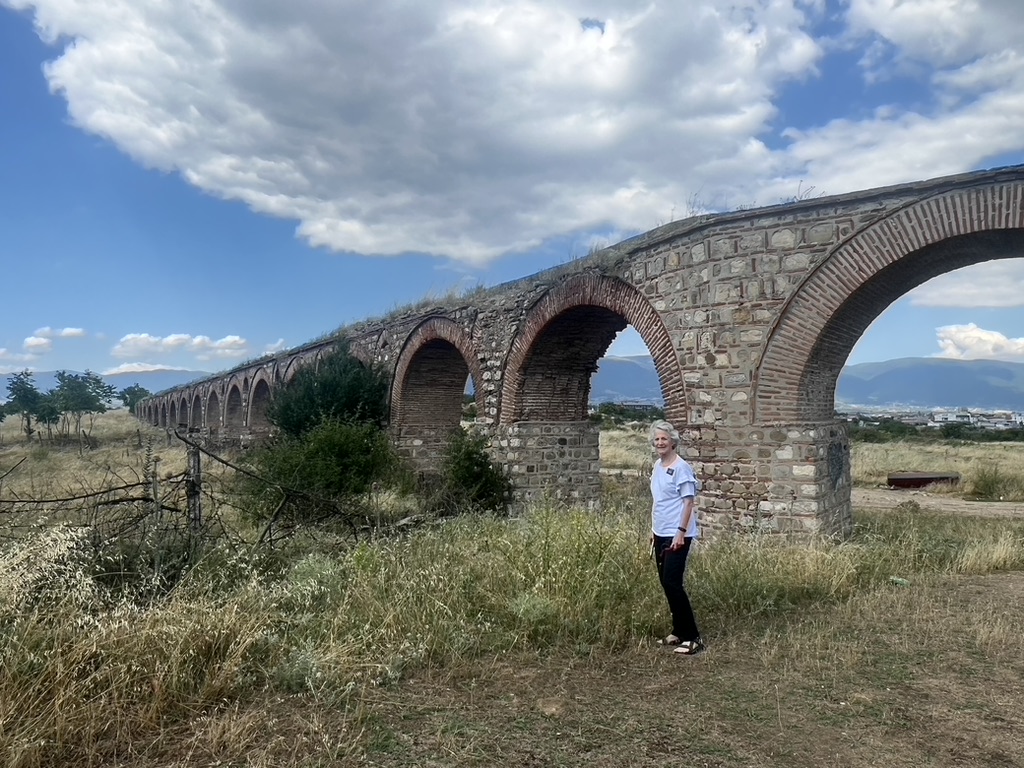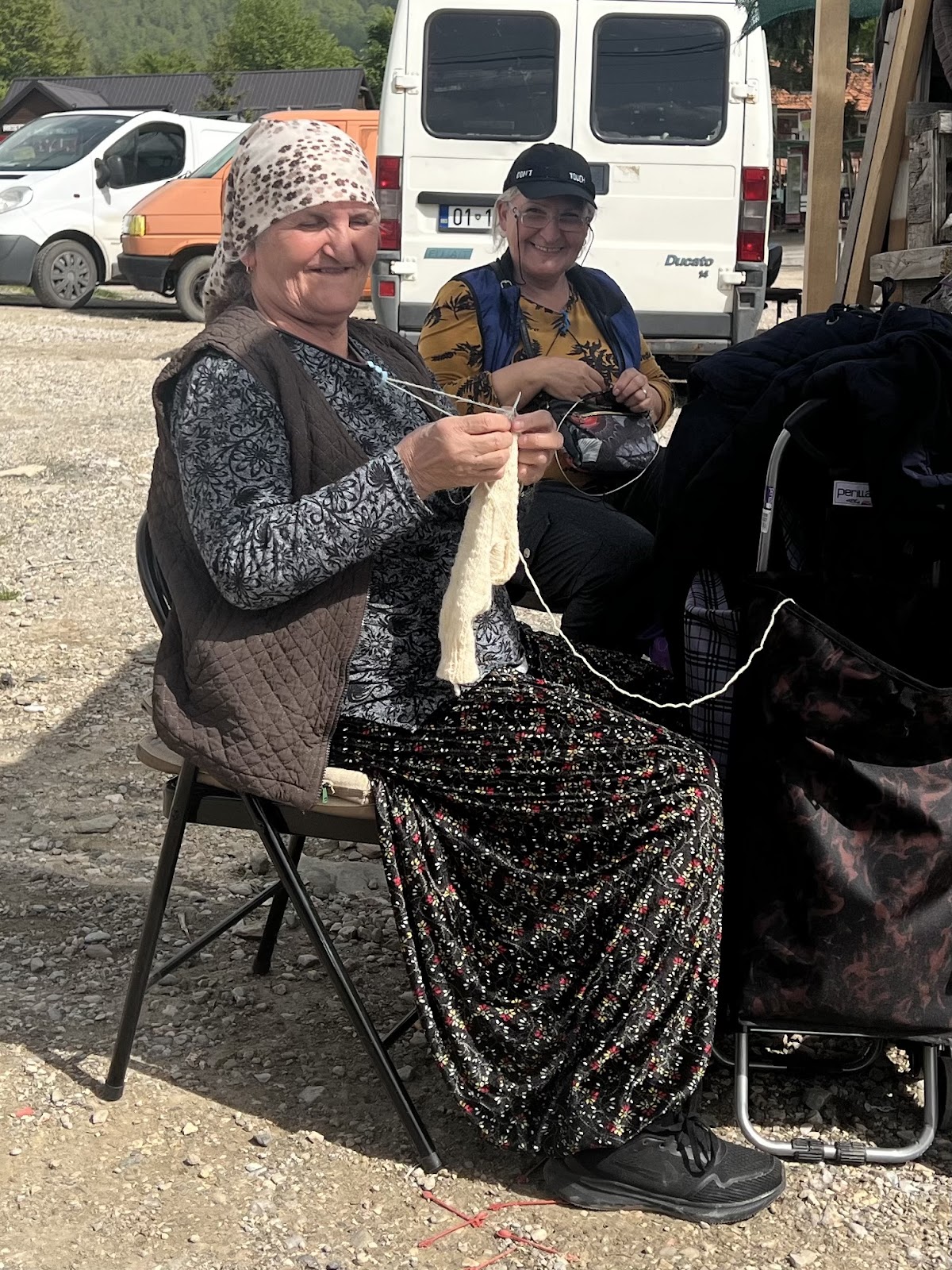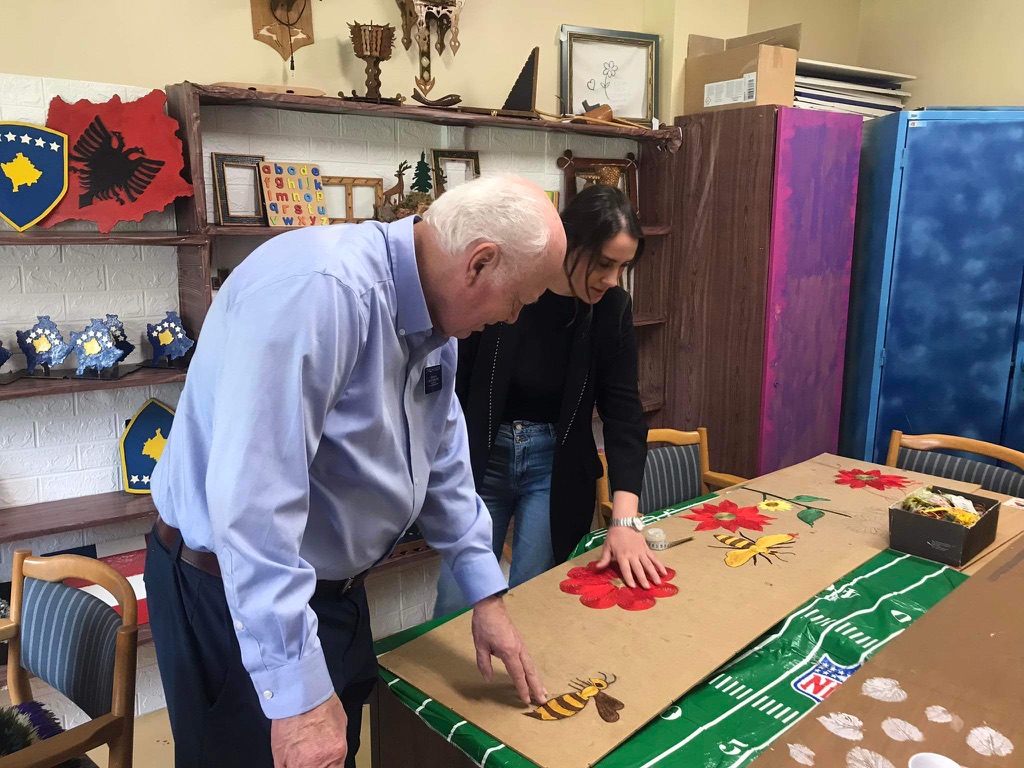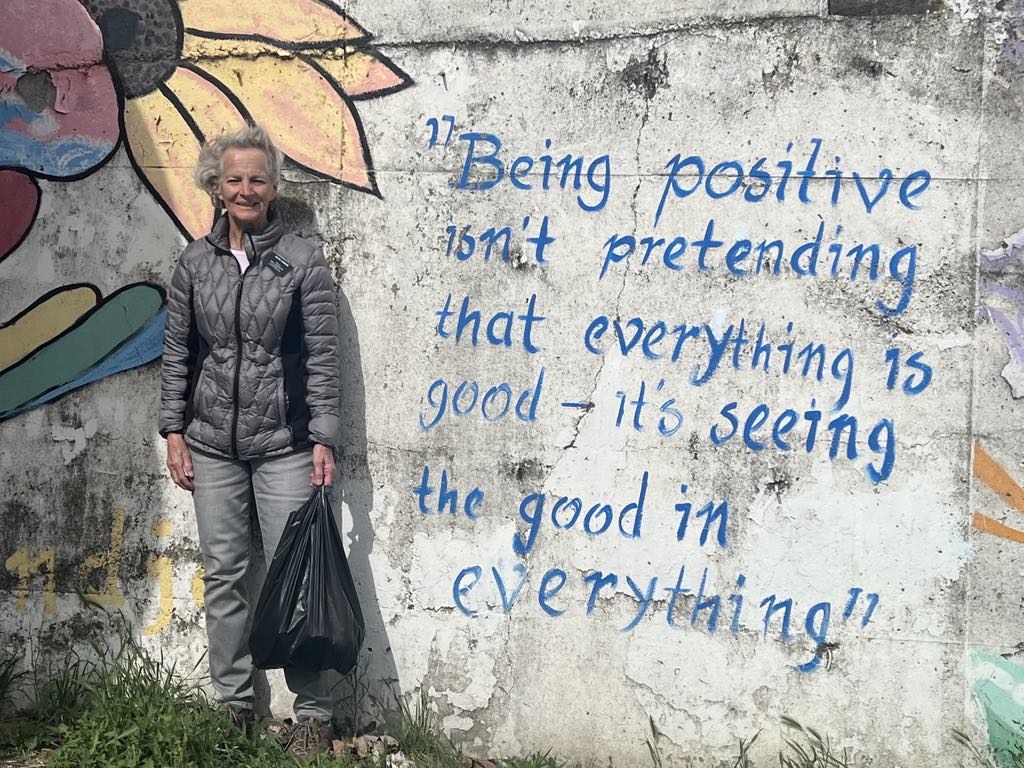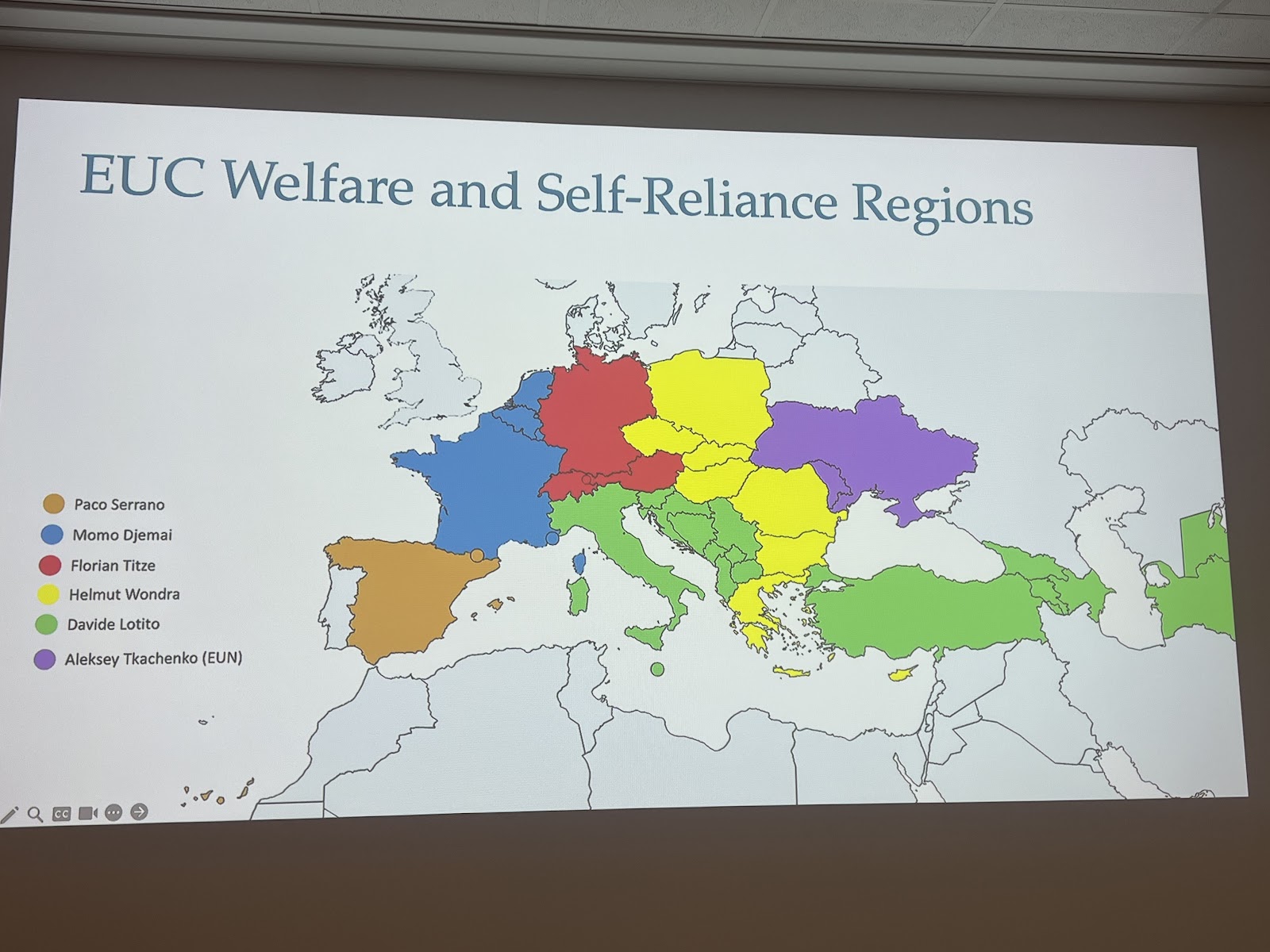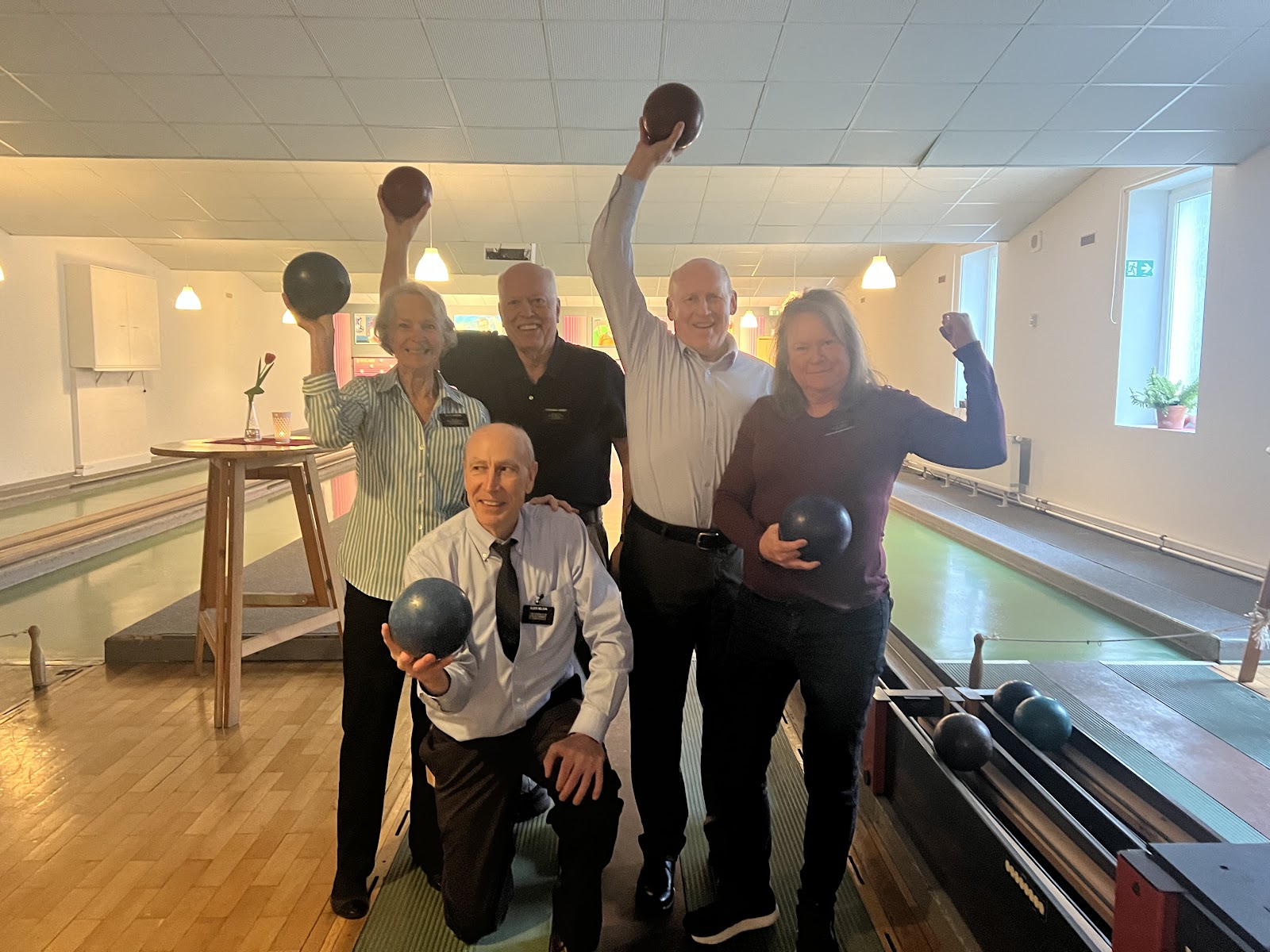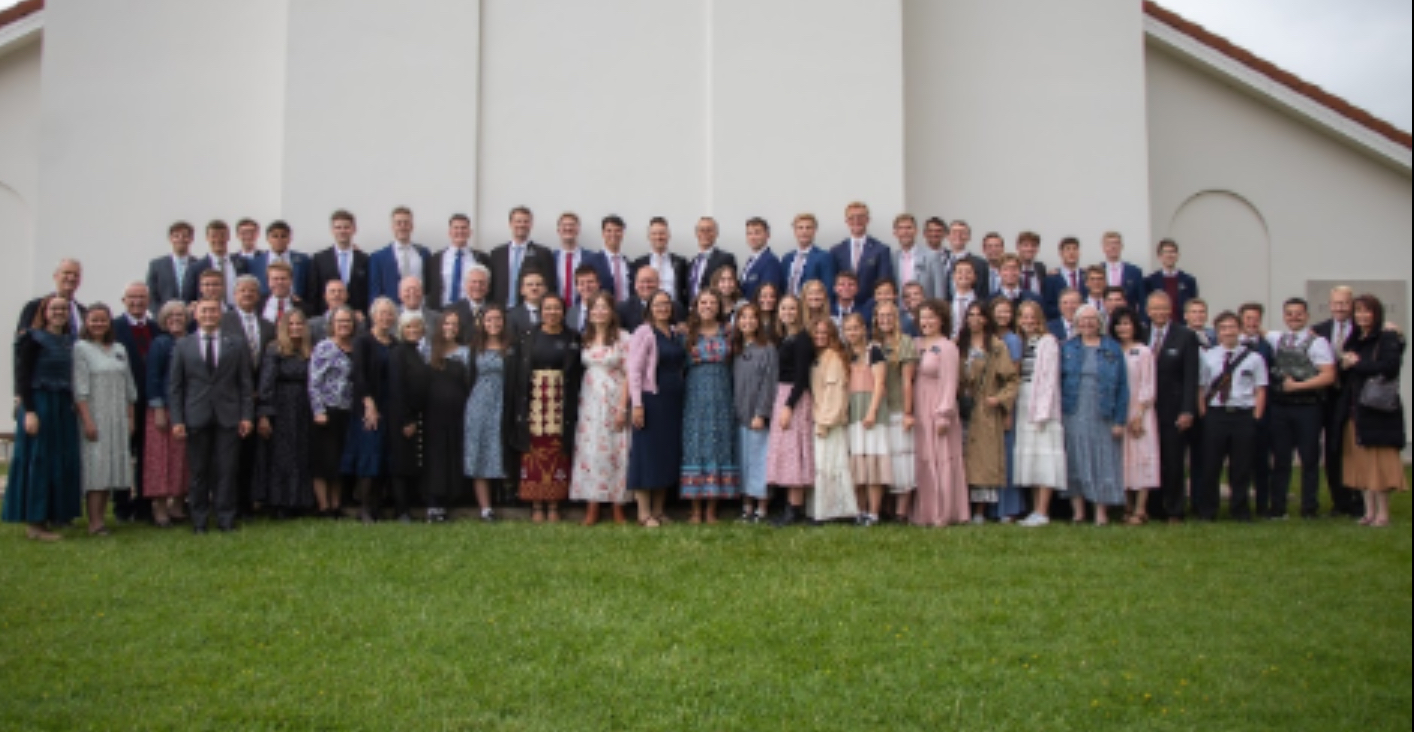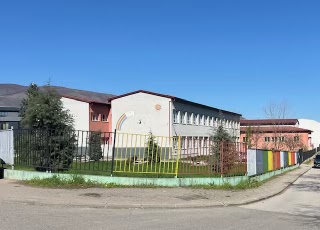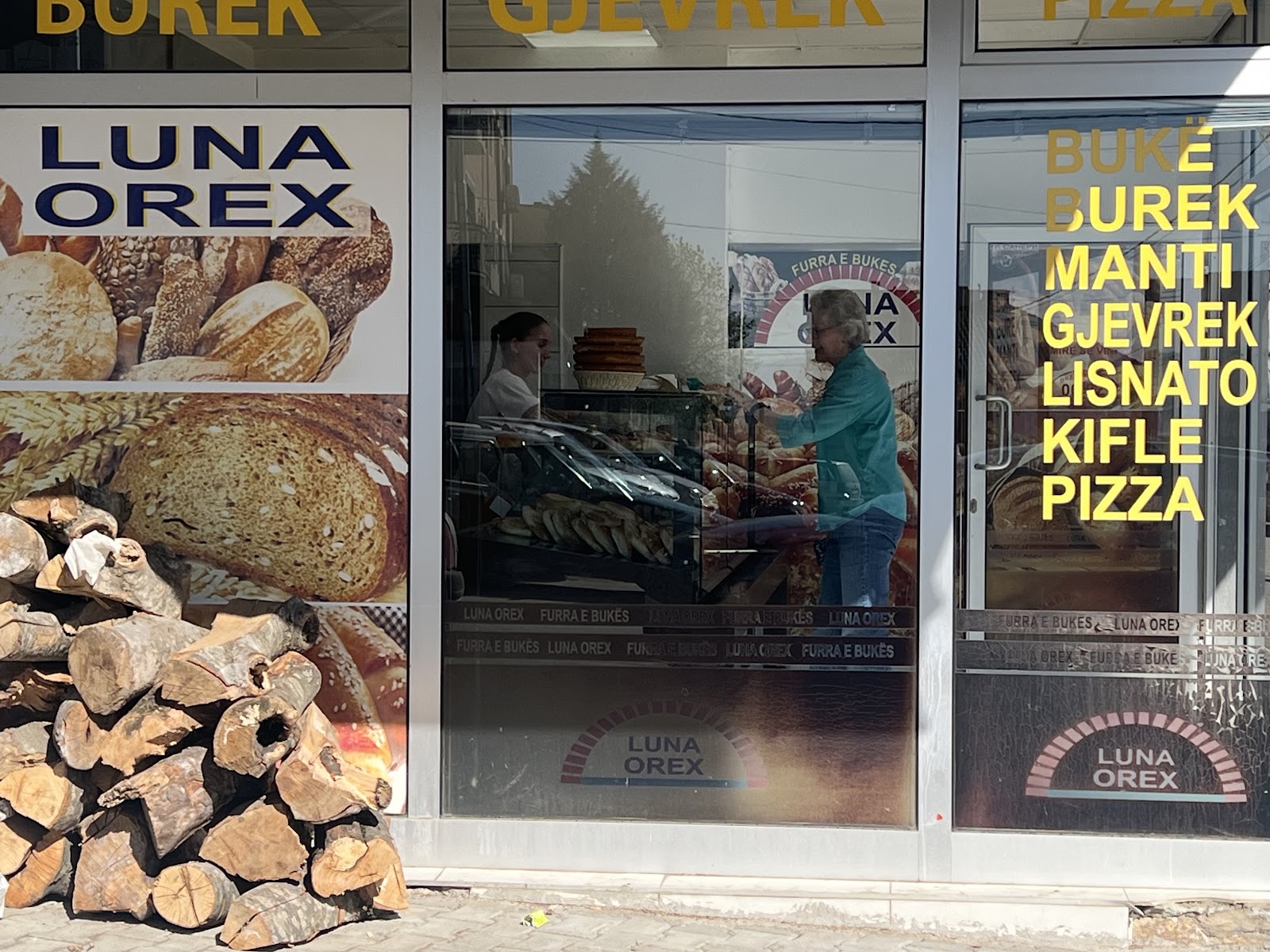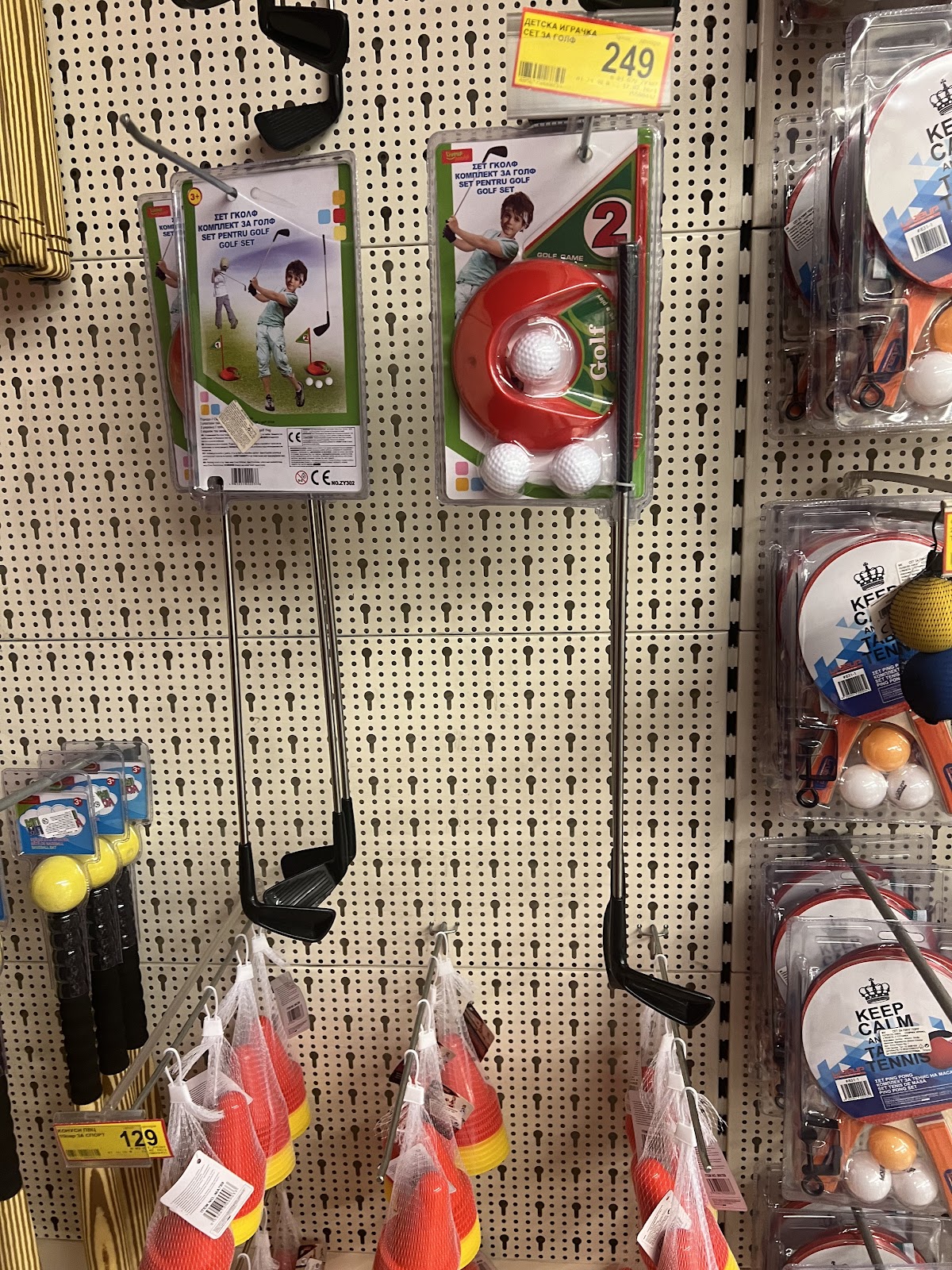This is the flyer that I picked up at BYU Education Week.
It explains what Humanitarian Missionaries do on a routine daily basis.
It also lists the minimum skills you will need to be successful.
I should have studied this closely before we turned in our mission papers.
I believe every word was chosen carefully.
Back then I was still envisioning what I saw in Africa just ten years earlier.
We were both ready to jump in and save the world, by alleviating suffering on an individual or grand world changing scale. The optimism of youth still has a place in us.
I still sing "Have I Done Any Good In The World Today".
However, reality has set in.
We have now experienced the corporate side of giving.
Slowly, I have come to realize the critical needs of individuals through the eyes of a large organization. The corporate side of the Church can make a real difference by lifting groups of people and ensuring they can maintain their new level of comfort.
We are now helping and relieving suffering by distributing your donated funds.
We work with other organizations, churches, and governments.
Above you see a first look committee deciding about the best use of funds. It is not easy and can be heart wrenching. Every country in the world has missionaries like us trying to get their projects approved.
There is a lot of scrutiny and vetting before funds are spent, and followup afterwards, sometimes for years, to ensure that the gift was wisely used and self-sustaining.
I can see now that the Church tries hard to "have a rising tide that lifts all the boats".
Of course, we are also in place in case of disaster or immediate need.
I now have a good routine because I understand my critical place here.
This advice found on a wall is the basis of my good focus and helps to minimize my frustrations.
They all have needs.
It is not easy turning them down or explaining the criteria that they have not met to qualify for money or goods. I would love to take photos of everyone and every place we go. It is just not appropriate in most of the places we go. We are not tourists, but representatives of you, your money, and the Church.
Tourists, we are not, and as much as I would like to grab the National Geographic photos that I see daily - I just can't.
These people are just too good and kind and focused on relieving suffering, and remind me daily of what it is to be "Magnanimous."
I need to rise to their level of service.
After meeting with Avdullah and his son Fatlum (above), I got the biggest hug I have ever received from another man. Like most Kosovar, they love Americans because "we saved them in the war of 1998-99." I loved seeing his war photos and hearing his stories. We connected because I showed him a photo of me in a flight suit and an F-4.
Speaking of patriotism, this was our 4th of July in our yard in Skopje. Five missionaries, a neighbor, and a new embassy family, the Bodells. We sang the national anthem before we had our bar-b-que of sausage that almost tasted like American hot dogs.
This is a statue of Bill Clinton in Pristine, Kosovo. He was the president at the time the USA and NATO stepped in and saved this section of Serbia from being annihilated,
and the new country of Kosovo was created.
This a Roman aquaduct from around 100 AD but who knows how many times it has been repaired. Like many extremely old monuments around here, it is just sitting out in a field a few miles from where we live in N. Macedonia.
We see sheep between towns.
I did buy me a new wool vest, but can't wear it until winter.
We love the markets and all the fresh vegetables.
Finally got all the greenhouses accounted for. They are working well. This is the local minister of agriculture talking shop with the local farmer.
This is an outdoor basketball court that is wheelchair friendly that the Church donated.
These are some of the pre-school beds that were donated.
However, the reality of humanitarian missionary work looks more like this:
Looking at endless possibilities and dreams of people with good routines.
Endless meetings with good dreamers.
Sharing the progress that has been made in good peoples lives.
Wondering what will improve the lives of
good people and the people they serve.
But at the end of the day, missionary work comes down to what you see below.
It is the "work" of missionary work for us.
We survive, and I mean survive, because of the good people we meet and then because of a good routine of managing computers and software programs and schedules and deadlines to get the good projects approved.
We have been in country four months and are just starting to feel like we understand enough to make a difference. Half of our working time is spent at the computer.
This is not what I expected.
